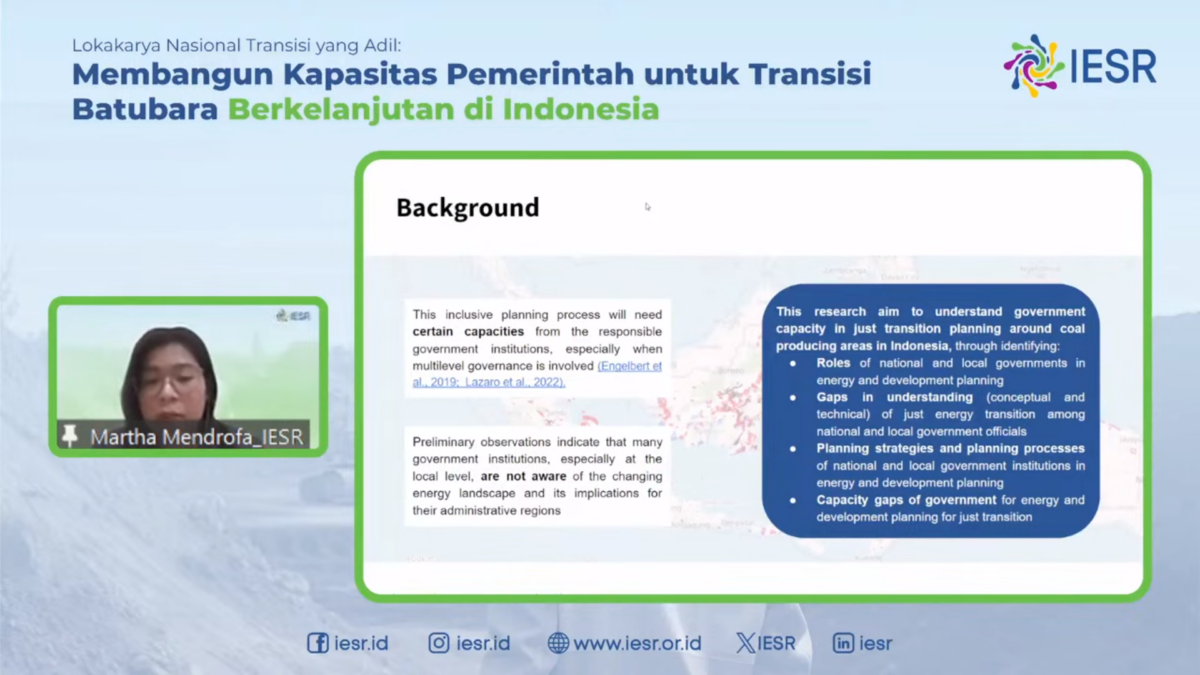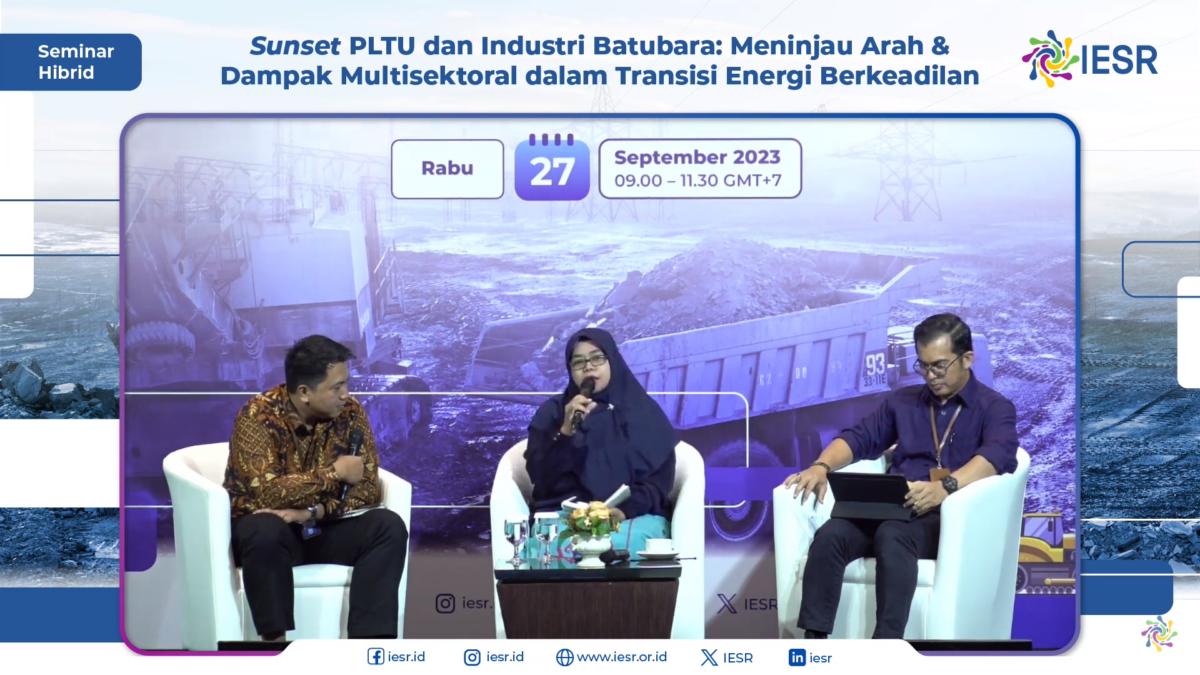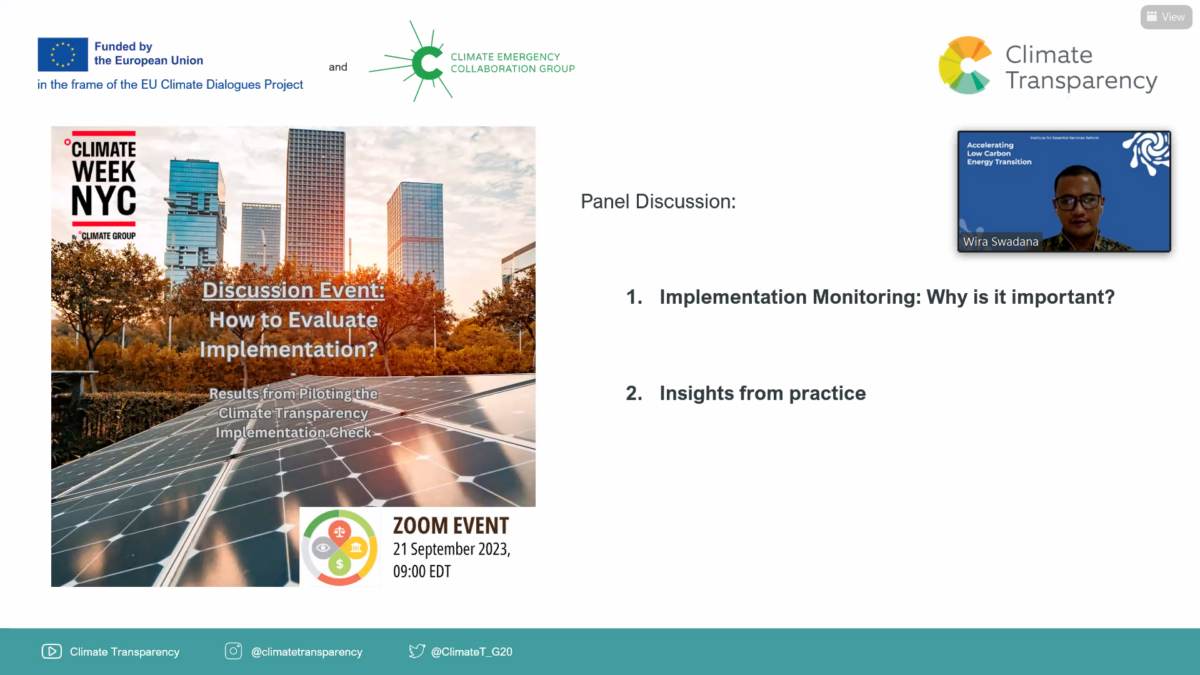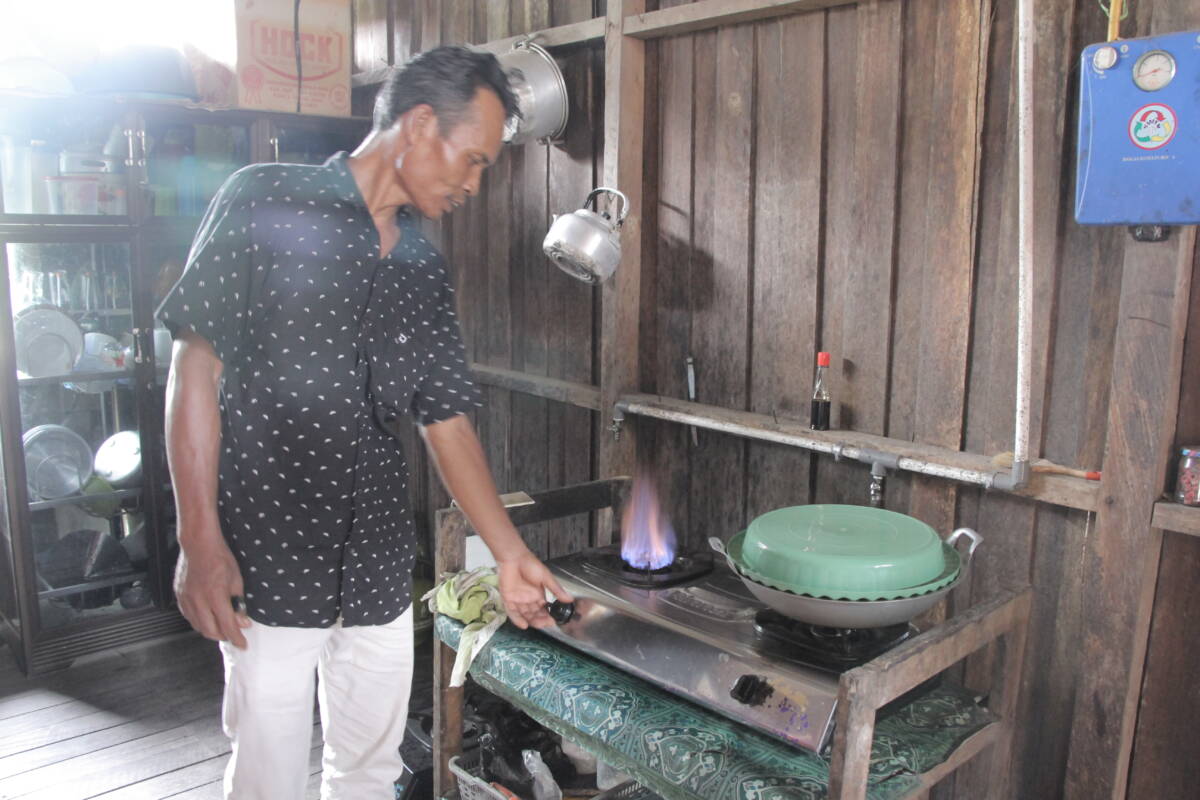The Institute for Essential Services Reform (IESR) states that the central and regional governments need to undertake mitigation of the impact of the energy transition in coal-producing regions.
Read more on Katadata.

Jakarta, November 21, 2023 - The Institute for Essential Services Reform (IESR) believes that mitigating the impact of energy transition in coal-producing areas needs to be a concern of the central and regional governments. The involvement of affected communities by prioritizing justice in the energy transition process is crucial to moving from a fossil-intensive economic…
It cannot be denied that coal is still the main energy source for the electricity sector in Indonesia despite the demands of transition energy strengthens. Incentives for renewable energy are really needed if we want to displace coal, which has also been a source of economic turnover in a number of regions. Central-regional government coordination must also be strengthened.
Read more…

Jakarta, 26 October 2023 - The energy transition currently being discussed will have a significant impact on the use of fossil fuels such as coal. Various countries have committed to reducing the use of fossil fuels as one of the key actions in their energy transition. Fossil producing countries such as Indonesia need to be…

Jakarta, 11 October 2023 - Early termination of coal-fired power plant (CFPP) operation from the natural CFPP retirement year is a more cost-effective approach than extending the life of coal CFPP with the addition of carbon capture and storage (CCS) technology. It was stated by Fadhil Ahmad Qamar, Program Staff for the Clean, Affordable, and…
The government has again expressed its doubt that the International Partners Group (IPG), a coalition of Western countries coled by the United States and Japan, is willing to help fund the retirement of Indonesia’s coal-fired power plants, which would signal a major setback to the country achieving its emissions reduction goal.
Read more on Jakarta Post.
The Institute for Essential Services Reform (IESR) estimates that Indonesia has 5-10 years to undertake economic transformation in coal-producing regions. This is due to the decline in coal production and usage.
Read more on Kompas.
The Institute for Essential Services Reform (IESR) predicts a decrease in coal demand in Indonesia after 2030. In fact, the decline is estimated to reach 15-20 percent.
Read more on Tempo.
The government is currently preparing plans to reduce coal production and consumption. Domestic and export demand is expected to decline in the next few years. Economic transformation around coal mining needs to be pursued, especially since this sector does not produce a large multiplier effect.
Read more on Kompas.

Jakarta, 27 September 2023 - Indonesia's increase in climate commitments in the Enhanced Nationally Determined Contribution (E-NDC) brings a number of implications, including plans to stop coal-fired power plant operations early to reduce emissions. This plan has several impacts, including a decrease in the income of coal-producing regions as well as national income, the potential…

New York, 21 September 2023 - The global community is urging global leaders to take serious actions to address climate change. During the COP 27 in Egypt, several countries renewed their commitment to reducing greenhouse gas emissions and achieving net zero emission status. However, there are still gaps between commitment and implementation of policy and…

Samarinda, 7 September 2023 - The energy transition is an unavoidable inevitability. Current world trends show that the earth is getting hotter and to limit the rise in earth's temperature, structured solutions are needed, including the energy transition, which involves various sectors and multi-stakeholders.
Society and communities are one of the key actors in the…
